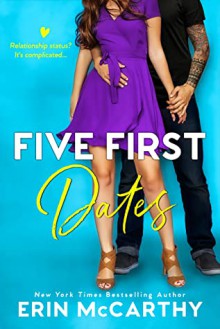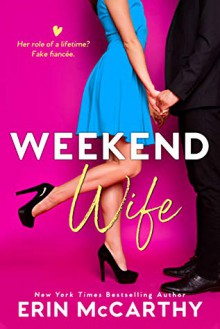
Someone years ago (back when I was still in high school) told me I seem like the type of person who would like this author, and recommended this book to me. It looked interesting so I put it on my to-read list, then I took it off because it didn't look as interesting...then last year I added it again because I kept thinking about it! So I was glad to finally be getting around to this.
This was a philosophical journey into the darker side of modern Japanese society. The reader gets a lot of fascinating introductions to different types of people in the Tokyo sex scene. Descriptions of different women who "sell it" and why, plus the people who facilitate the whole business. Toward the end of the story Frank talks about a Peruvian hooker who knew more about Japan than the Japanese women in an omiai club, who were only interested in fashion and expensive things and who sold themselves because they were lonely. There was also a guy named Satoshi in the beginning who was considered mental because he played with blocks on the train. I liked that guy.
I liked the concept of bonno, the worldly desires or bad instincts. And the parts about shifting between different worlds was cool, too. I got lost as a kid plenty of times (and still get lost easily now) so I know exactly what Frank was talking about when he said it was like entering a different reality.
Thought-provoking quotations:
- "All Americans have something lonely about them. I don't know what the reason for that might be, except maybe that they're all descended from immigrants." (p. 30) . . . "The type of loneliness where you need to keep struggling to accept a situation is fundamentally different from the sort you know you'll get through if you just hang in there." (p. 39)
- "Parents, teachers, government—they all teach you how to live the dreary, deadening life of a slave, but nobody teaches you how to live normally." (p. 62)
- "Very few people of our generation or the next will reach adulthood without experiencing the sort of unhappiness you can't really deal with on your own." (p. 72)
- "Basically people who love horror movies are people with boring lives. They want to be stimulated, and they need to reassure themselves, because when a really scary movie is over, you're reassured to see that you're still alive and the world still exists as it did before. That's the real reason we have horror films—they act as shock absorbers—and if they disappeared altogether it would mean losing one of the few ways we have to ease the anxiety of the imagination." (p. 161)


 Log in with Facebook
Log in with Facebook 








